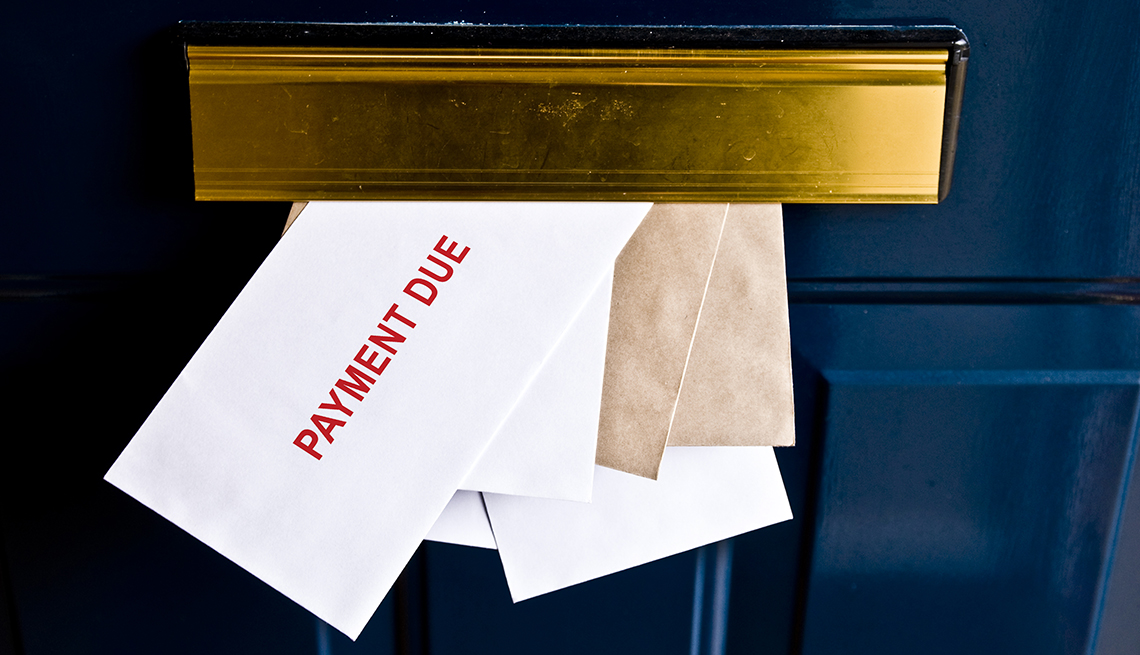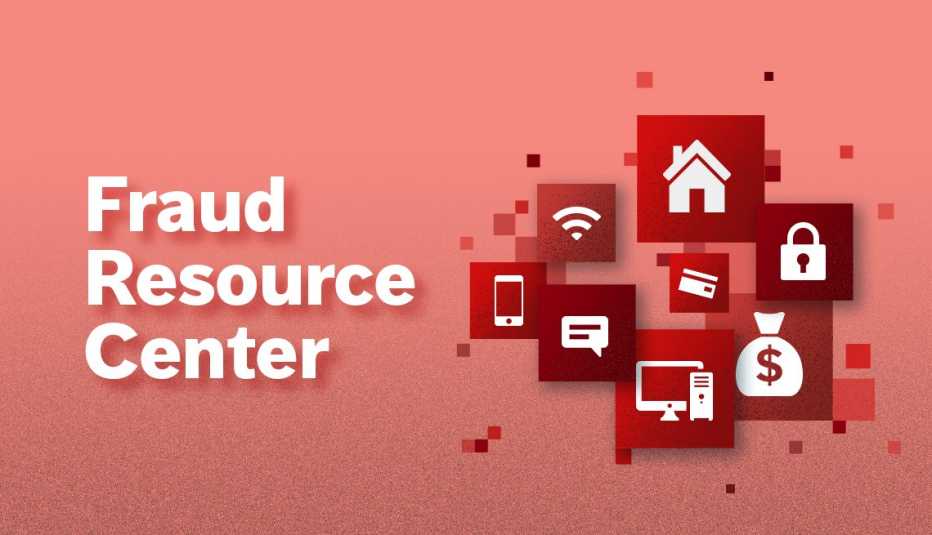AARP Hearing Center
In personal finance, there's a four-letter word that financial planners say spells trouble: debt.
But how do you know when all the money you owe — and all the cash you need to come up with each month to pay bills — is, um, too much? What's the tipping point? What's the trigger that gets you to face the mathematical facts and admit, “Honey, we have a problem."
Looking at your debt relative to your income, financial advisers say, can provide telltale signs that show you're overextended. But before we tick off key debt-to-income ratios to watch, we'll share some easy-to-spot red flags that could signal you have a debt problem.
The warning signs
If you can't bear to tear open your credit card statement each month or start hiding statements from a partner, that's a sign you have too many IOUs. Using your home equity line of credit or high-interest credit cards to make ends meet is another sign of financial stress. Paying only the minimum on your credit cards or making payments after the due date — thereby racking up late fees — also signals danger.
Other signs of trouble include a sinking credit score that puts you in the so-called bad-credit category, missing a mortgage or car payment, or quickly quitting your new debt-payoff plan like you would a fad diet. “When debt is causing anxiety and stress, typically you've reached the troublesome category,” says Bryson Roof, investment adviser at Roof Advisory Group, a division of Fort Pitt Capital Group.
The most important next step is to admit you have a debt problem and take action to fix it, says Chrisanna Elser, a financial planner and founder of ThefinU, a personal finance site.
"Acknowledgment of debt is like stepping on the scale after Thanksgiving — it may not feel like you have gained weight (debt), but the numbers don't lie,” she says.
Talking about numbers, U.S. household debt hit a record $14.15 trillion in the fourth quarter of 2019, according to the Federal Reserve Bank of New York. While mortgage debt of $9.56 trillion is the largest portion of debt owed by Americans, credit card debt climbed 5.3 percent in the final three months of 2019, bringing owed balances on plastic to $930 billion.
And American households with debt loads so big that they have sought financial counseling are carrying more than $20,000 in unsecured credit card balances, on average, and have 5.6 credit cards, according to a recent analysis by American Consumer Credit Counseling (ACCC). The average American household carries about $6,194 in credit card debt, says the ACCC, citing data from credit monitoring bureau Experian.
For ways to save and more, get AARP’s monthly Money newsletter.
Start your spreadsheets
Now's the time to grab the calculator and tally up your monthly payments to see if your debt level is manageable or out of control. Here are some debt-to-income ratios that can flag financial stress in your household.




































































